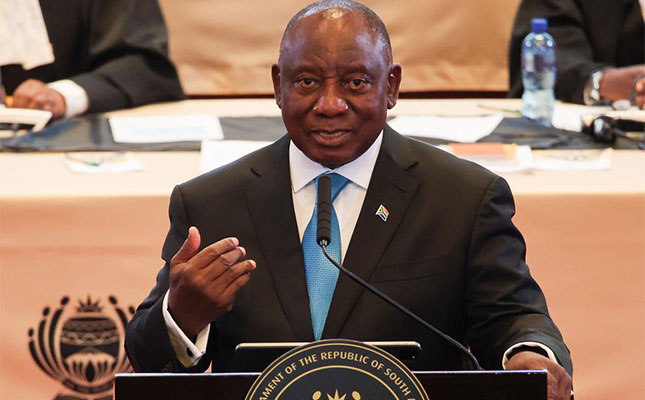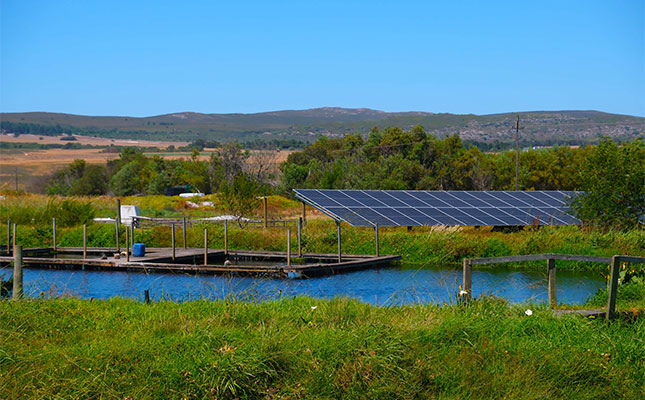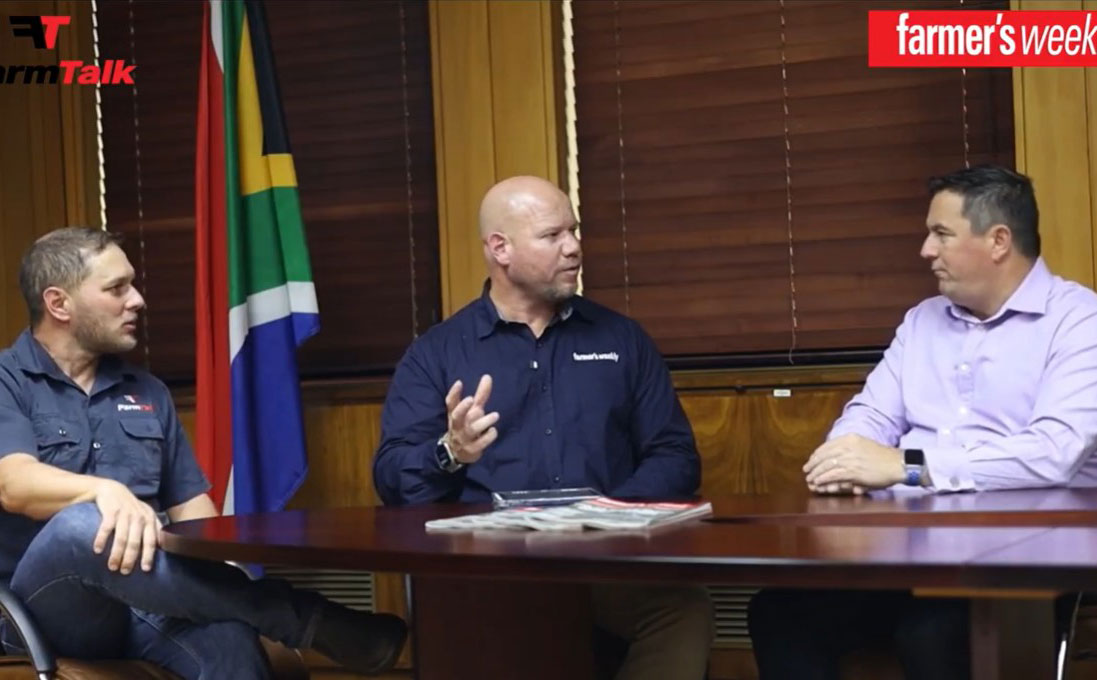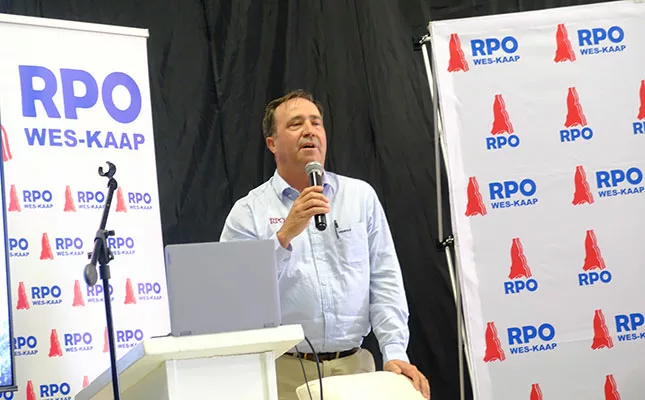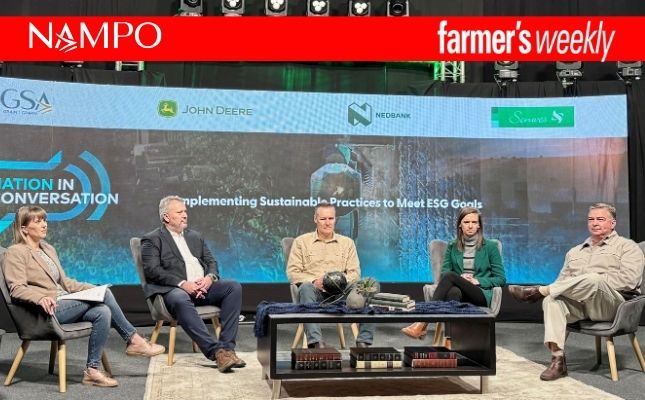
A recent Nation in Conversation panel discussion during Nampo 2025 delved into strategies for minimising the environmental footprint of commercial farming.
The panel particularly discussed the implementation of environmental, social and governance (ESG) goals, and spoke about water use and conservation, efficient resource utilisation, regenerative practices, and the role of carbon management in soil health.
Facilitator Anlie Hattingh said that when looking at ESG goals, it was important to consider them in the broader sense, and pointed out that there were a number of questions that needed answering. These included:
- Are the ESG goals financially viable?
- How should local farmers take global regulations into consideration and apply these to their situations?
- What is scalable?
- Does everyone understand the practicalities involved?
- How will sustainability be reconciled with looking after the environment while still feeding the nation?
- What are the uncertainties?
The panel consisted of Prof Danie Jordaan, lecturer in Agricultural Economics at the University of Pretoria (UP); Herman de Kock, executive head of Sales, Service Planning and Management at Nedbank; Jolanda Andrag, COO at Agri SA; and Cobus van Coller, commercial maize and soya bean producer from the Free State.
Watch the session here:
Jordaan said that farmers needed to talk about sustainability because of the potential risks that accompanied climate change.
READ Four key strategies to future-proof your farm
“Our smaller operations are perhaps even more exposed to these risks. There is [thus] a substantial incentive for farmers to embrace sustainability,” Jordaan said.
De Kock said that a balance needed to be found between following sustainable practices and ensuring profitability.
“We need to follow a practical approach. It has to make economic sense and contribute towards the bottom line. If the efforts do not meet these criteria, they will not be sustainable,” he said.
Andrag added that over the years, the sector had done a great deal facilitate sustainability, and that commodity organisations had played a big part in supporting farmers.
“In future, I see that commodity organisations will continue to play a critical role working with their farmers to achieve ESG goals.”
Technology needed to be seen as an ally for implementing a sustainable approach to agriculture, she said.
Andrag further stressed that alignment between various role players was critical for measuring sustainability. According to her, alignment was needed with regard to:
- Definitions;
- Requirements;
- Data, as well as the sharing of data; and
- Global views.
Climate change, however, could make it harder to move towards sustainability, but also underscored the necessity for moving towards more sustainable production practices.
Carbon sequestration
Enhancing soil carbon sequestration can be achieved through various management practices, such as conservation agriculture, Van Coller said.
He also pointed out that conservation agriculture encompassed many aspects, such as cover cropping, conservation tillage, crop rotation, organic matter incorporation that stimulate plant growth and soil microbial activity, as well as a livestock component.
Changing his practices over the years, in spite of the cost, saved his farming operation, Van Coller said.
“If it was not for the conservation agriculture practices that I now follow, I would not have been here today as a farmer.”
Many farmers are increasingly adopting strategies that reduce their carbon footprints, such as focusing on renewable energy, and ensuring sustainable resource use, but at this stage, farmers were also bearing the brunt of the costs involved in the implementation of these strategies, he added.
Get trusted farming news from Farmers Weekly in Google Top Stories.
➕ Add Farmers Weekly to Google ✔ Takes 10 seconds · ✔ Remove anytime





